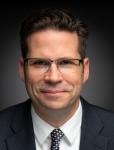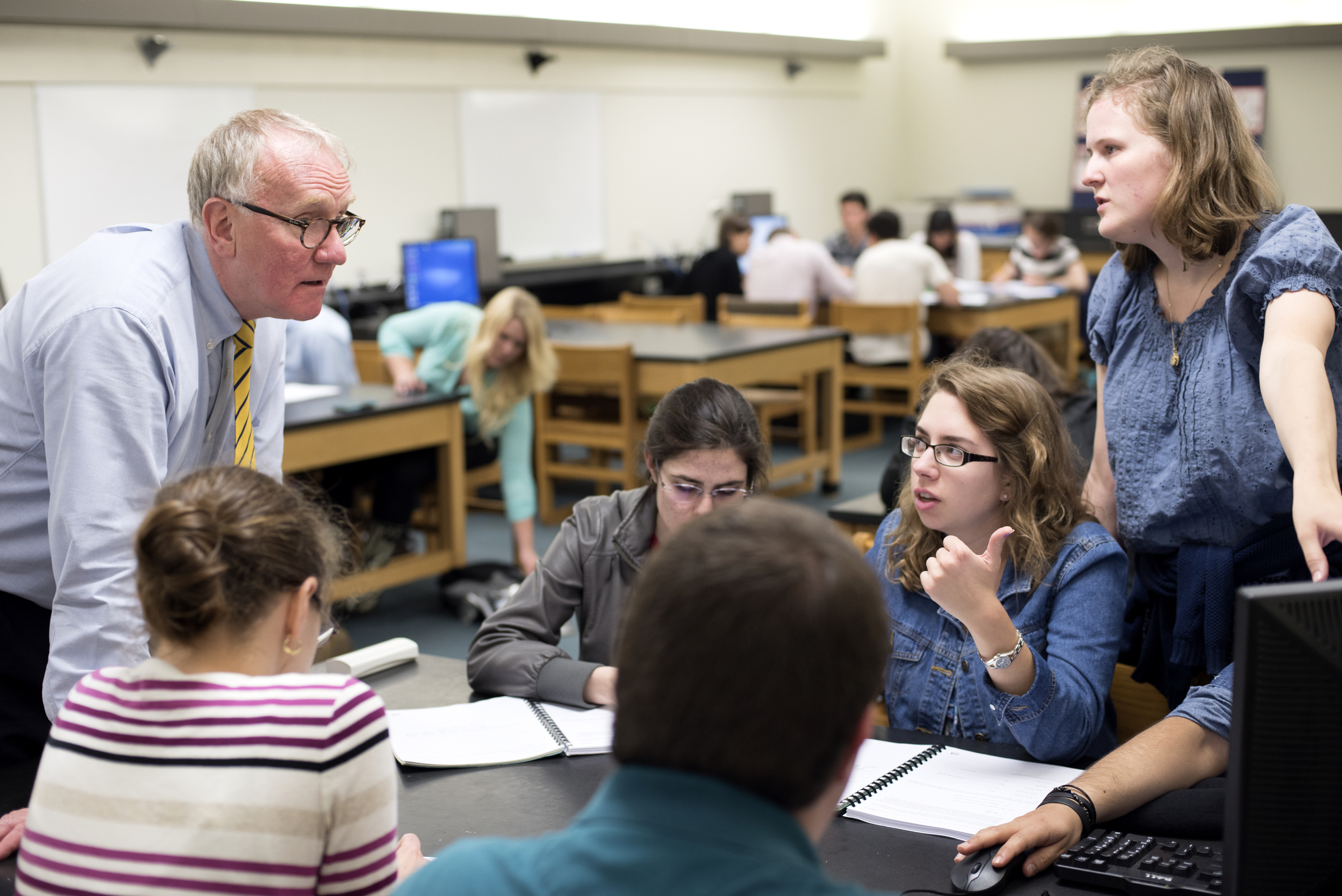 Menu
Menu

The original seven liberal arts are, first, the Trivium, consisting of grammar, logic and rhetoric, and second, the Quadrivium, consisting of arithmetic, astronomy, music and geometry. We do not find history, literature, philosophy or theology on this list of seven, but we do find two mathematical disciplines, that part of physics called astronomy, and even a fine art, which in its original medieval framework was also seen as a part of mathematics – music.
We have expanded what we mean by a liberal arts education to make room for a robust engagement with the humanities, and, of course, the studies comprising the Trivium undergird each of them, but so too do the “three ways,” the Trivium, undergird the sciences and mathematics. In turn, the “four ways” also undergird our studies in the humanities, for the methodologies of the Quadrivium train the mind to make sense of the world as it presents itself to our senses so that we can, over time and with study, make better sense of those realities behind appearances.
There is another training to be had by attentiveness to the sciences and mathematics when they are rightly treated as liberal arts: We learn to be attentive to, to ask questions about and to begin to make progress toward understanding observable objects for their own sake. Those matters that are near at hand, that can be pulled apart and physically analyzed, or placed under a microscope, or significantly magnified through a telescope, are objects about which the human person is naturally deeply curious. Learning to ask good questions about observable phenomena, and learning how to pursue answers to those questions through the application of the scientific and mathematical methodologies, is first and foremost a good in and of itself. We humans, as Aristotle noted so long ago in the opening lines of his Metaphysics, desire to know, and paying tribute to the goodness of that desire by seeking to know things themselves because they are worthy of knowing, is itself a great good that we promote through our science and mathematics courses at the University of Dallas. This is why the natural and mathematical disciplines are part of our Core. And, the majors in the sciences and mathematics continue to build on this same mode; we want our students to be able to understand and demonstrate the great discoveries of the past, and we also want them to learn how to expand the body of knowledge through their own research undertaken in collaboration with our outstanding faculty.
